Whether you believe money makes the world go round or not, it can’t be denied that it plays a constant role in the daily lives of the vast majority of people on Earth.
This typically leads to a great many slang terms arising to describe money and all its innumerable different forms, and this is just as true in South Africa as it is anywhere.
There are countless slang terms to describe money of all different kinds in South Africa, so let’s look into some of them.
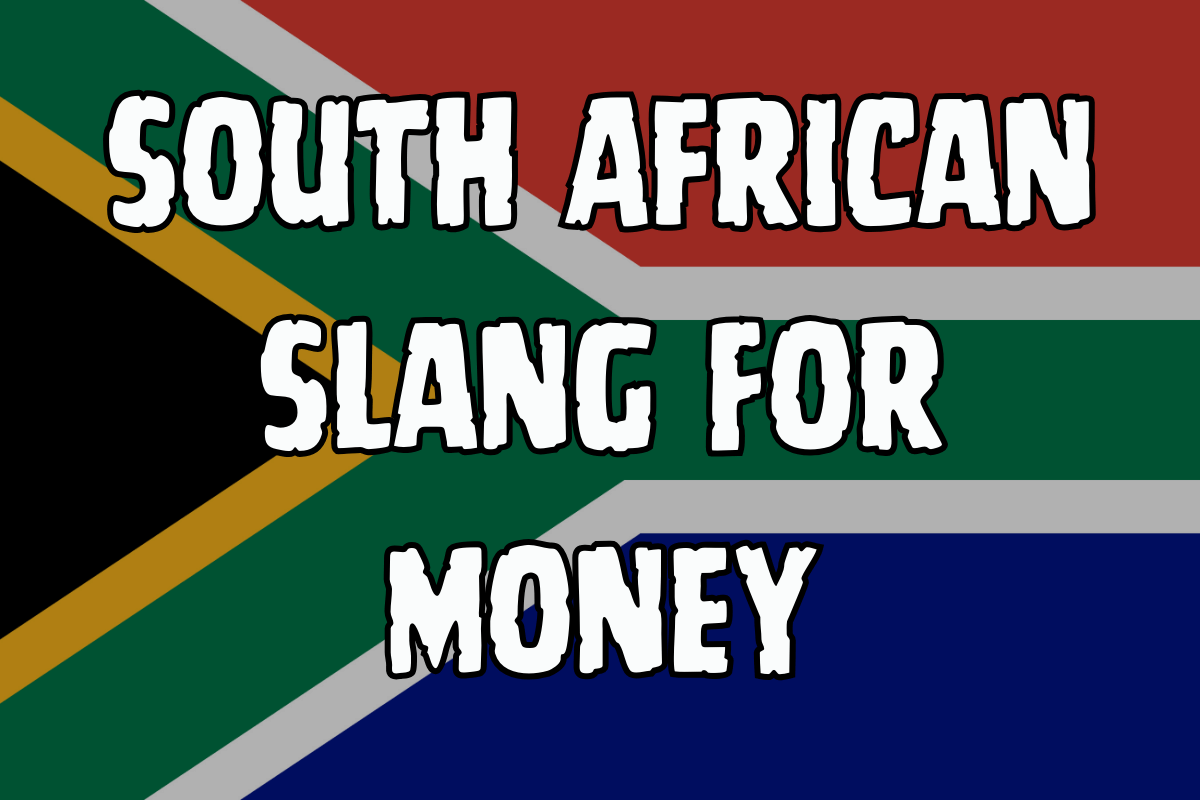
South African Slang For Money
Bar
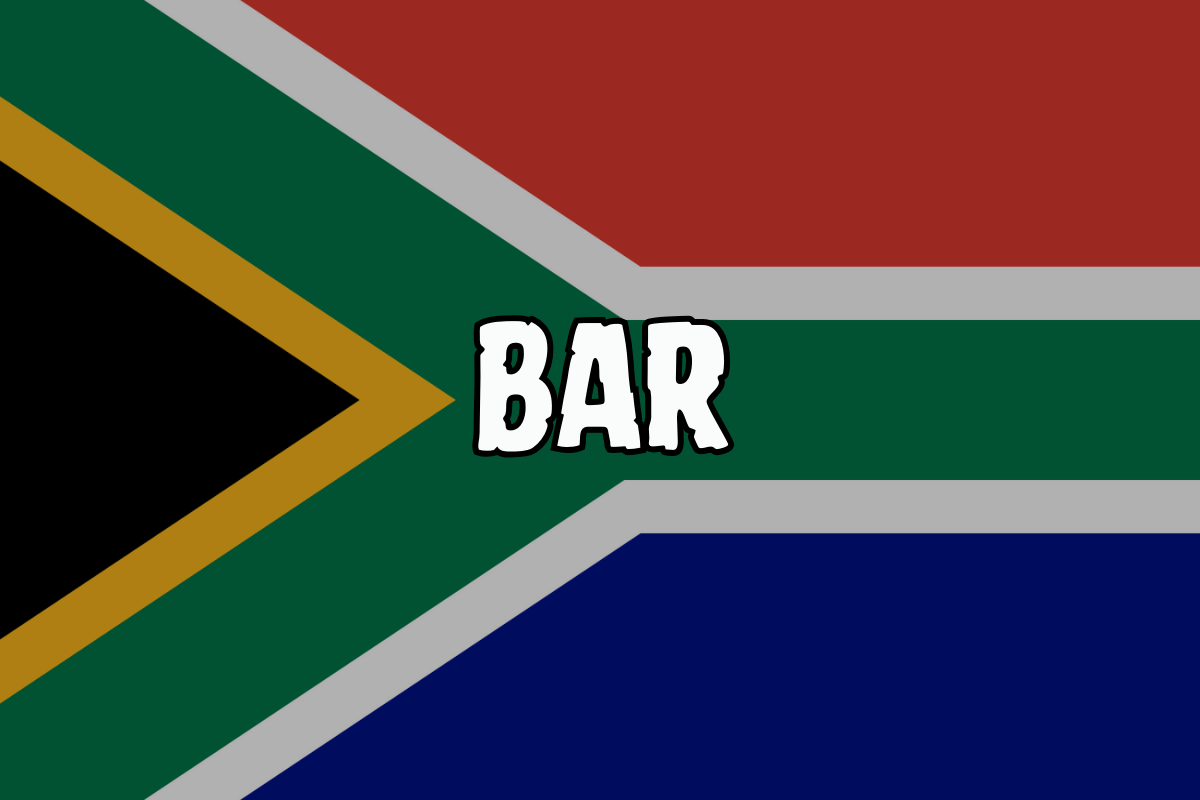
“Bar” is a term used in Durban to describe a large sum of money, specifically one million Rand.
It is not commonly used outside of the Durban area, and even there, it’s often used in more casual or regional contexts.
If you hear someone talking about “a bar”, they’re most likely referring to a million bucks, but you won’t hear it in every corner of South Africa.
The term is mostly used in informal settings, and it tends to come up when discussing large sums of money, often in business or financial conversations, but also in casual chatter when discussing wealth or big purchases.
Examples in sentences:
- “That new car cost him a bar. He’s doing well.”
- “I need to save up a bar for that investment.”
- “They just won the jackpot—a bar in one go!”
- “I’ll need to make a bar before I can buy that house.”
- “A bar doesn’t go as far as it used to.”
Bob
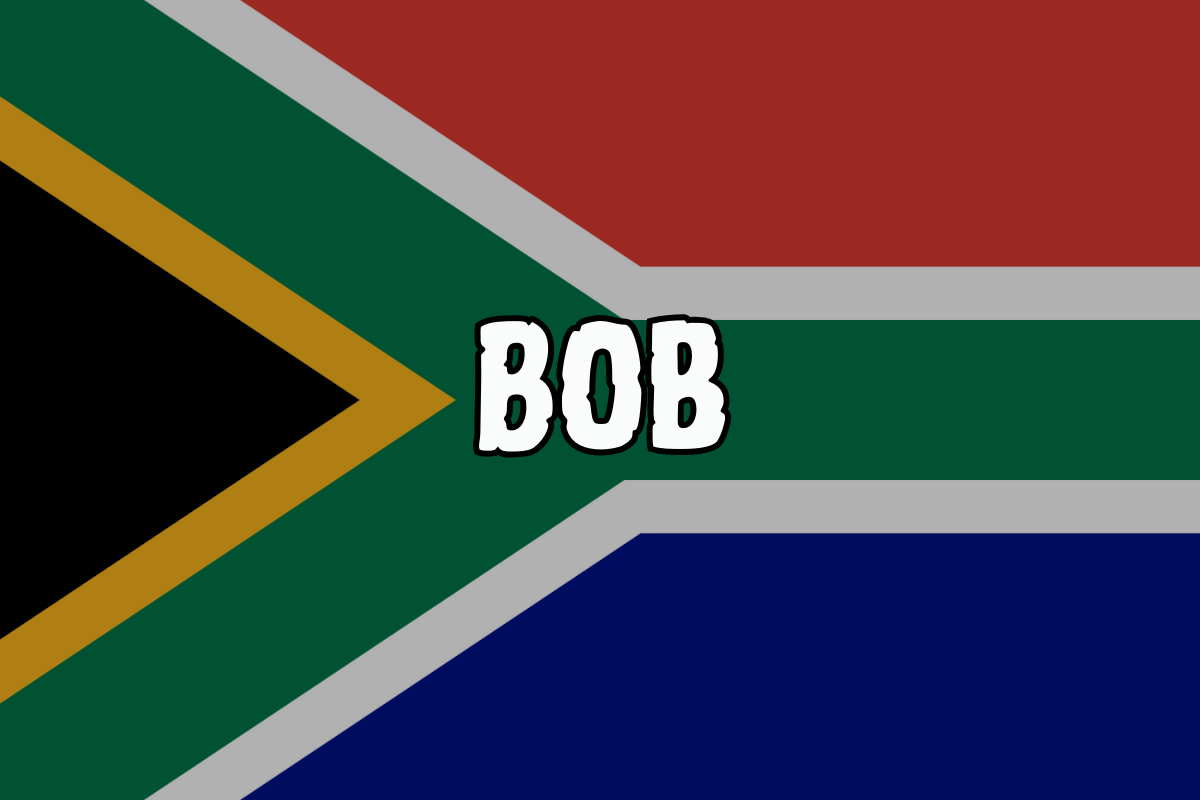
“Bob” is a common slang term for money in South Africa, often used to describe small denominations, particularly the two and five shilling coins.
The term is borrowed from British slang and has stuck around as a part of South African colloquial speech.
When someone talks about “2 bob” or “5 bob,” they’re usually referring to a twenty-cent or fifty-cent coin, but “bob” can also be used more generally to mean money.
The term is often used in everyday conversation, especially when discussing small amounts of money or making light of currency.
It’s a playful and informal way of referring to cash in South Africa.
Examples in sentences:
- “It’s only 2 bob, don’t worry about it.”
- “I’ve got a few bob saved up for a rainy day.”
- “How much is that? Oh, just 5 bob.”
- “I’ll give you a bob for that old book.”
- “You owe me 10 bob for that favour.”
Boice
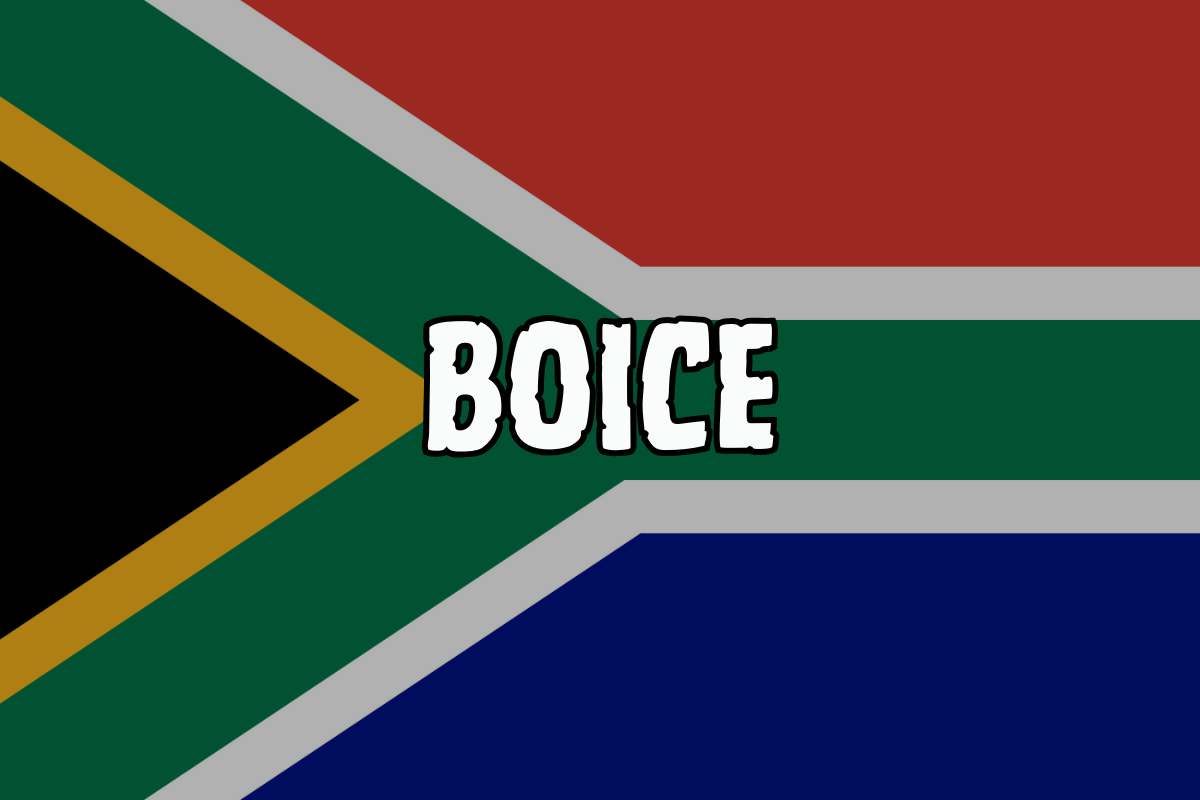
“Boice” is a slang term used in South Africa to refer to a two-rand (R2) coin. While it’s more widely understood across the country, it’s particularly common in township slang.
The term doesn’t refer to money in general but is used specifically for this coin denomination.
The term has gained some popularity over time but is still more common in certain regions and among specific communities.
It’s used informally when talking about small amounts of money, often in casual conversations about having or needing just a little bit of cash.
Examples in sentences:
- “All I’ve got left is a boice.”
- “Can you lend me a boice for the bus?”
- “I need one more boice to buy a soda.”
- “I’m short a boice, can you spot me?”
- “That’ll be about 2 boices for the snack.”
Bucks
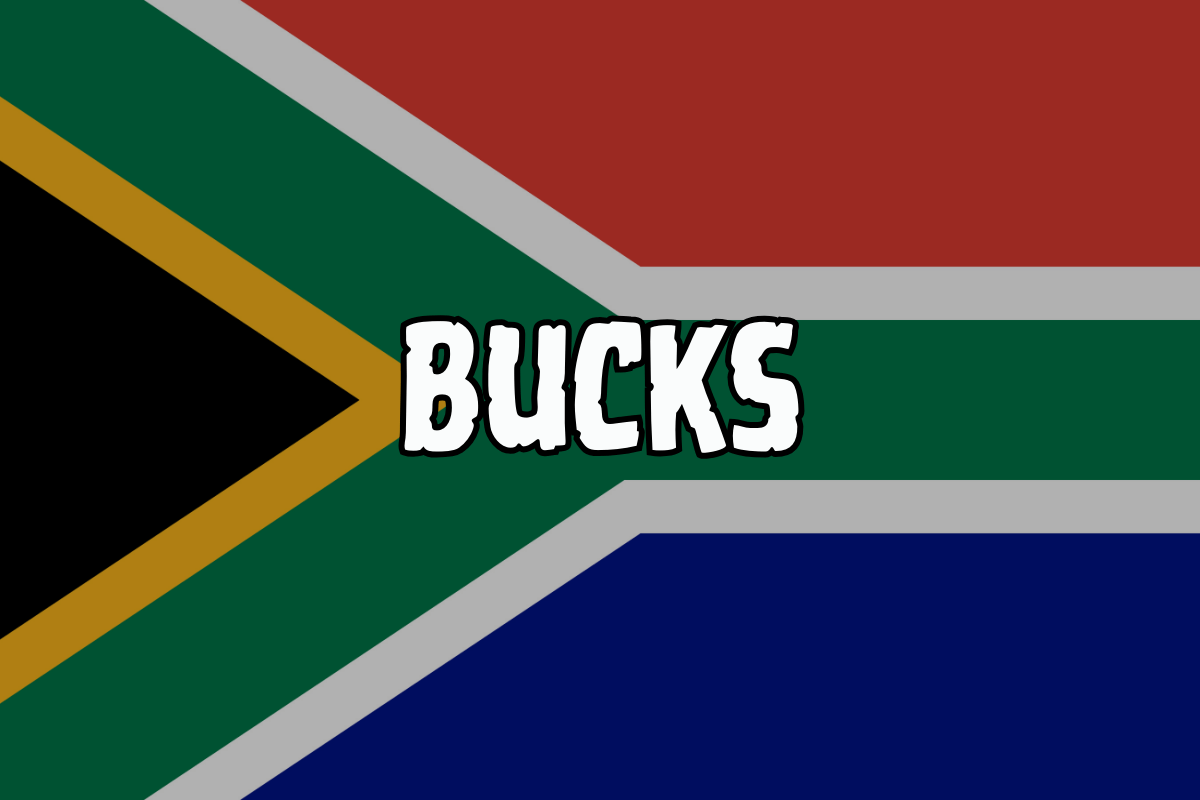
“Bucks” is a popular slang term used in South Africa to refer to money in a general sense.
This term is commonly used across English-speaking countries, including the U.S., Australia, and South Africa.
It’s used informally to refer to any amount of money, whether small or large, and is recognized and understood by most people in the country.
The term is casual and flexible, making it a go-to word for describing money in everyday conversations.
It’s frequently used when talking about spending, earning, or budgeting money.
Examples in sentences:
- “I’ve got about twenty bucks for tonight.”
- “How much do you need? I’ve got a few bucks on me.”
- “That’ll cost you 100 bucks.”
- “I can’t believe I just spent all my bucks on that!”
- “I’ve saved up some bucks for the weekend.”
Chocko
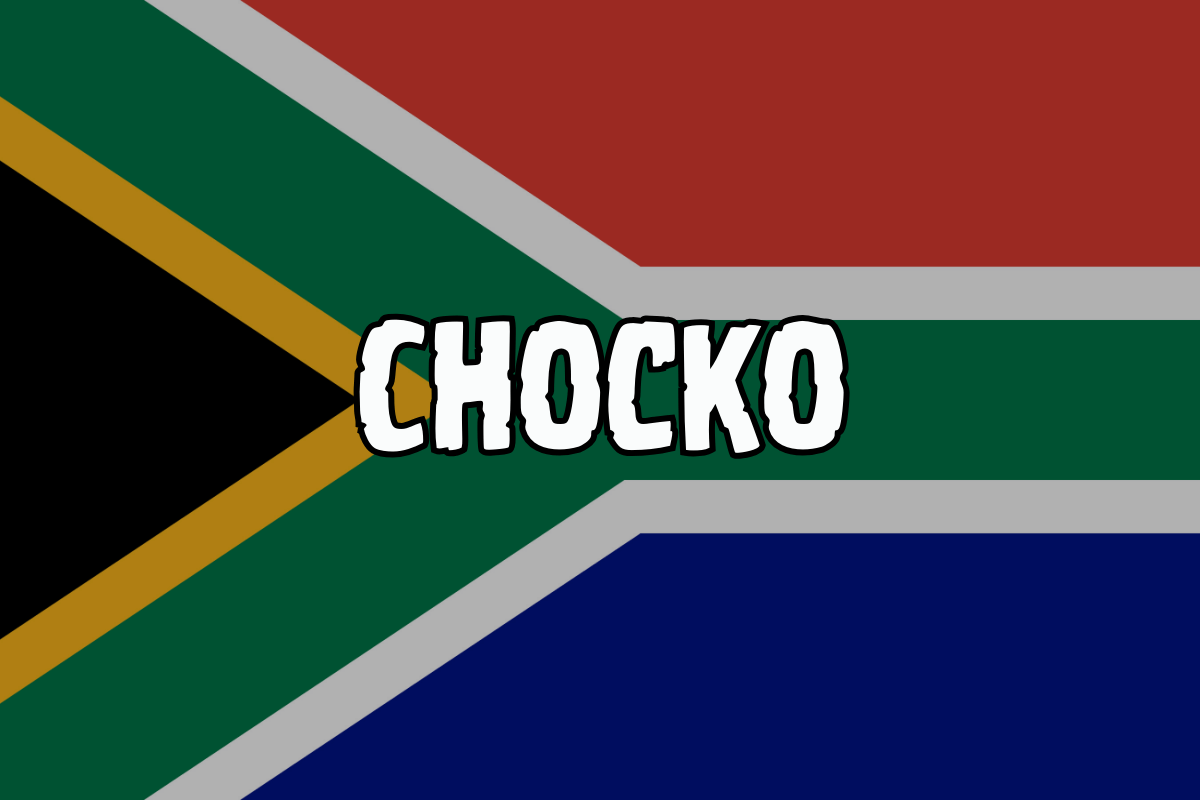
“Chocko” is a piece of township slang that specifically refers to an R20 note, a commonly used denomination in South Africa.
It’s widely understood within townships and among people familiar with this slang, though it may not be as well known outside these areas.
As with many local slang terms, it is primarily used in more informal or casual settings and can be quite specific to certain communities.
Despite being more restricted in use, it is still recognized by many in South Africa.
Examples in sentences:
- “A chocko just for one ticket? Forget it.”
- “I paid him two chockos for the service.”
- “Can you lend me a chocko? I’m short on cash.”
- “I got change for a chocko at the shop.”
- “That’s gonna cost you a few chockos, mate.”
Clip/Clipa
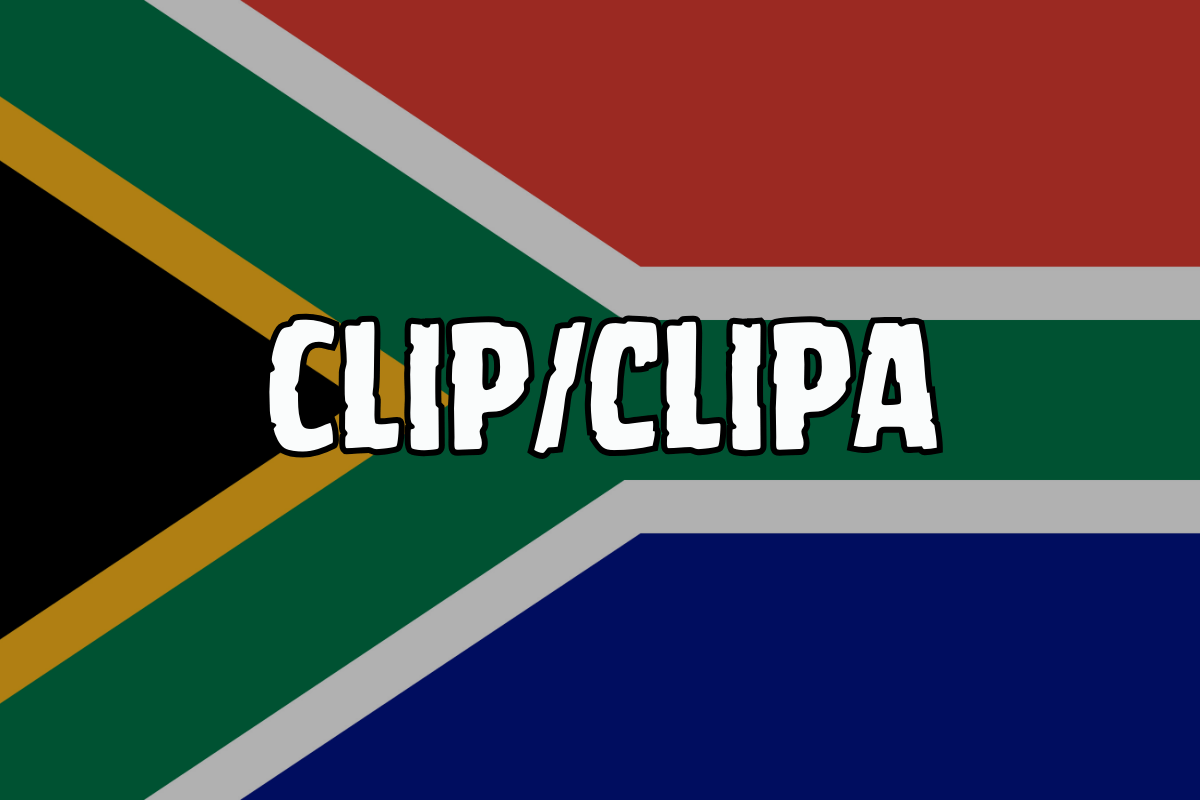
“Clip” (or “clipa”) is a term used to refer to one hundred rand in South Africa.
It is a piece of township slang that has been used for many years, and though it’s mostly associated with older generations, it is still used today by people of all ages.
The term has its origins in the townships, which are historically racially segregated and underdeveloped urban areas in South Africa.
While the exact origin of the term is unclear, it is still a well-recognized slang word for R100, often used in casual conversations.
Examples in sentences:
- “I’ve got a clip to spend tonight.”
- “Can I borrow a clip for some groceries?”
- “He gave me a clip for my birthday.”
- “That’s gonna cost you a clip, no more, no less.”
- “She owes me a clip for the lunch.”
Crown/Kroon
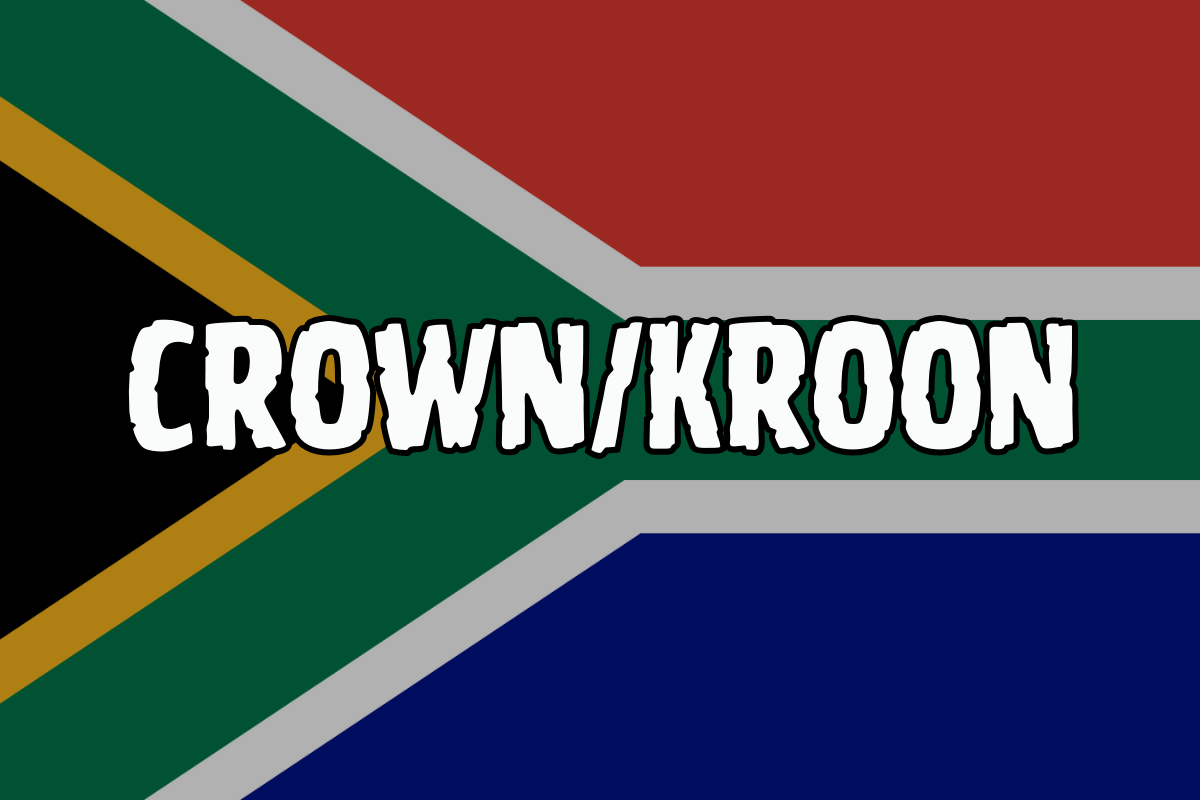
“Crown” or “kroon” is a term used in South Africa to refer to money.
While it can refer to any amount of money, it is especially associated with Afrikaans-speaking South Africans.
The term “crown” comes from its historical use in currency units in other countries, including English currency.
It is also worth noting that “crown” can have a completely different meaning in other contexts, such as referring to a person’s virginity, so it’s important to be cautious when using this slang.
The use of “kroon” is still fairly common, though it may not be as widespread in younger generations as some other money slang terms.
Examples in sentences:
- “I haven’t got a crown to my name right now.”
- “She asked for a crown, but I don’t have any to spare.”
- “I need to save a few crowns before the weekend.”
- “How much is that? I bet it’ll cost me a crown!”
- “He spent all his crowns on the car repair.”
Grand
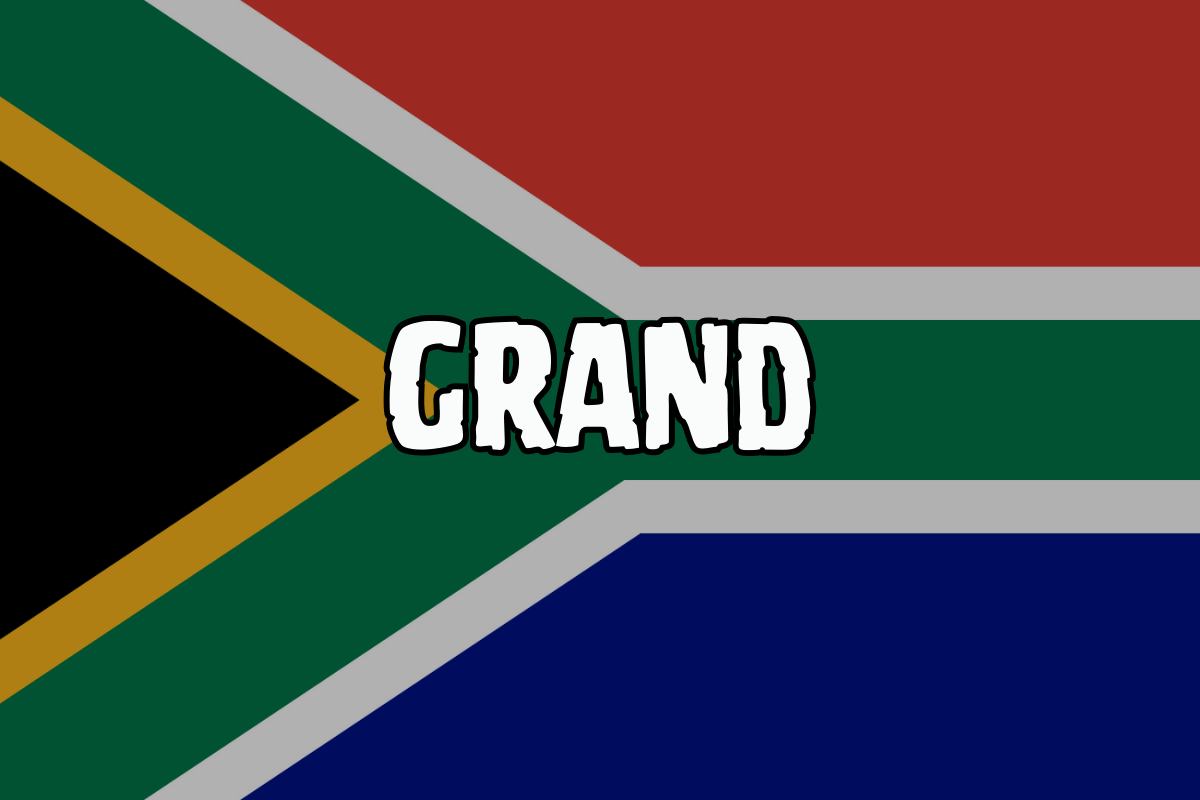
“Grand” is a common slang term used to refer to 1,000 units of any currency, and in South Africa, it specifically refers to R1000.
It is a term that originates from the United Kingdom and spread to South Africa in the 20th century.
“Grand” is widely used across South Africa by people of all ages and backgrounds, making it one of the most recognizable and universal slang terms for money.
Its usage is so common that it is often used without much thought, just like in other English-speaking countries.
Whether you’re talking about rent, shopping, or a car deal, a “grand” is often the go-to term for R1000.
Examples in sentences:
- “A grand for an old banger like this? No way.”
- “I’ve only got a couple of grand left in my account.”
- “That new phone costs around 5 grand.”
- “She paid a grand for that jacket.”
- “I need to save up a grand for the trip next month.”
Jacket
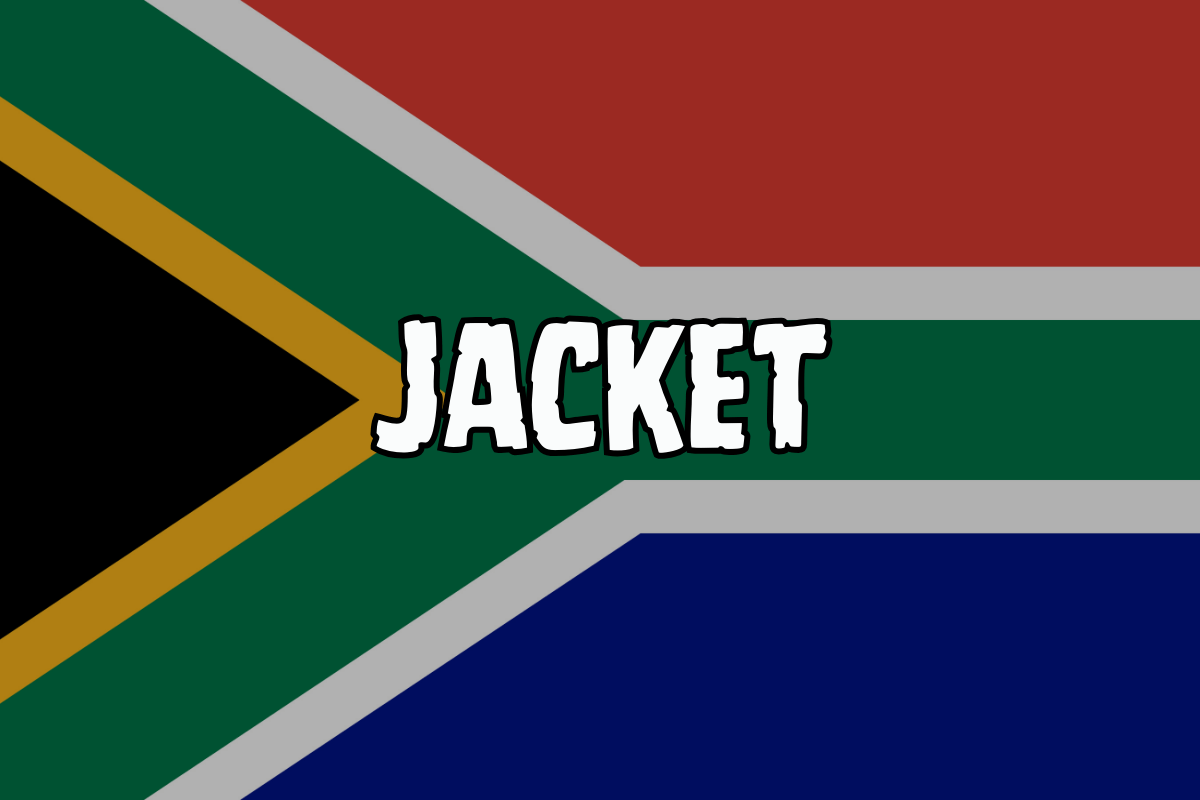
“Jacket” is a slang term used in South Africa to refer to an R50 note. It is considered part of township slang, and while it is not as universally known as terms like “pinkies,” it is still widely understood in certain communities.
The exact origins of the term are unclear, but it has been used for some time in South African slang.
Though not as commonly used in mainstream South African slang, those familiar with township culture will understand the term.
It’s mostly used to describe R50 notes, and is often used in casual conversations about money.
Examples in sentences:
- “You’d best not walk around with jackets on you.”
- “I’ve only got a couple of jackets left for the week.”
- “He pulled out a jacket to pay for the meal.”
- “I need a few jackets to cover the bills.”
- “That’ll cost you about five jackets.”
Machangura
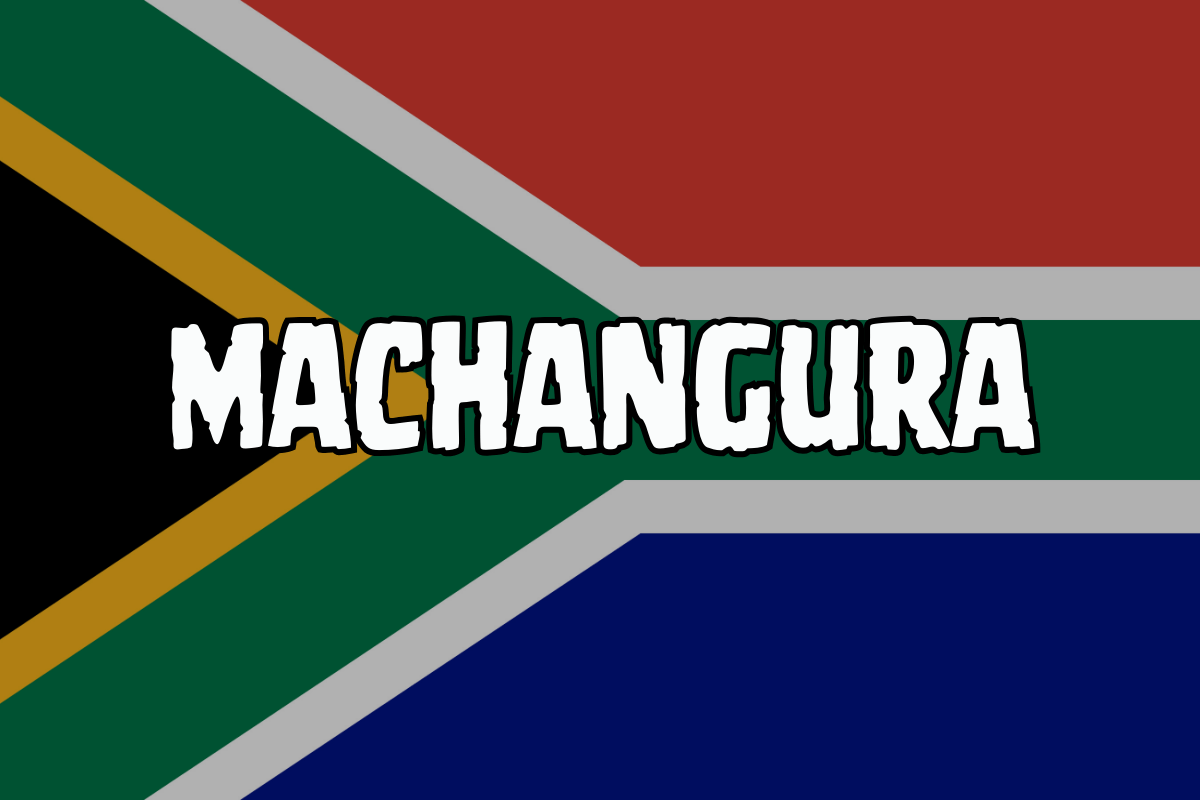
“Machangura” is a slang term in South Africa, often used to refer to cash or physical money.
While it can be used to describe money in general, it’s more commonly associated with cash in hand.
The term is widely understood in areas where township slang is prevalent, although it’s not used across the entire country.
Though “machangura” is not likely to be heard from everyone, it remains a significant part of the vernacular in certain regions.
It’s one of those terms that may seem out of place if used by someone not familiar with township culture.
Examples in sentences:
- “Go to the bank for machangura.”
- “I need to withdraw some machangura for the weekend.”
- “He spent all his machangura on the new sneakers.”
- “Got some machangura? I’m broke this week.”
- “She’s always got machangura in her purse.”
Meter
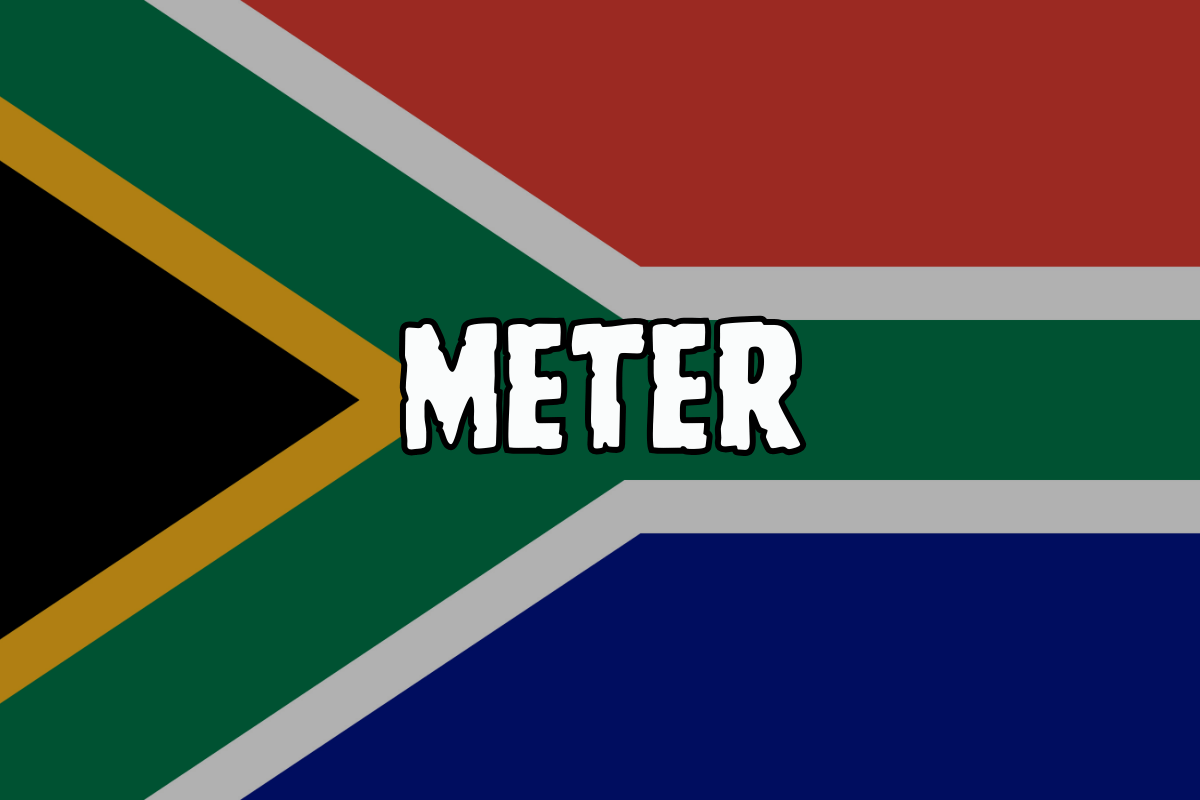
“Meter” is a slang term used in South Africa to refer to one million Rand.
Like many other regional slang terms for large amounts of money, it’s not commonly used in everyday conversation but is widely understood in specific areas, particularly those where township slang is more prevalent.
The term “meter” comes from the way South Africans often abbreviate or shorten terms for large sums of money, and it’s typically used in more informal settings.
It’s a term that, while widely understood in South Africa, may not be as familiar to people outside of these communities.
Examples in sentences:
- “I’m not even close to a meter, not yet!”
- “He sold the business for a meter.”
- “The car was worth a meter, easily.”
- “She’s got her sights set on a meter by the end of the year.”
- “They’re looking to raise a meter for the project.”
Monica
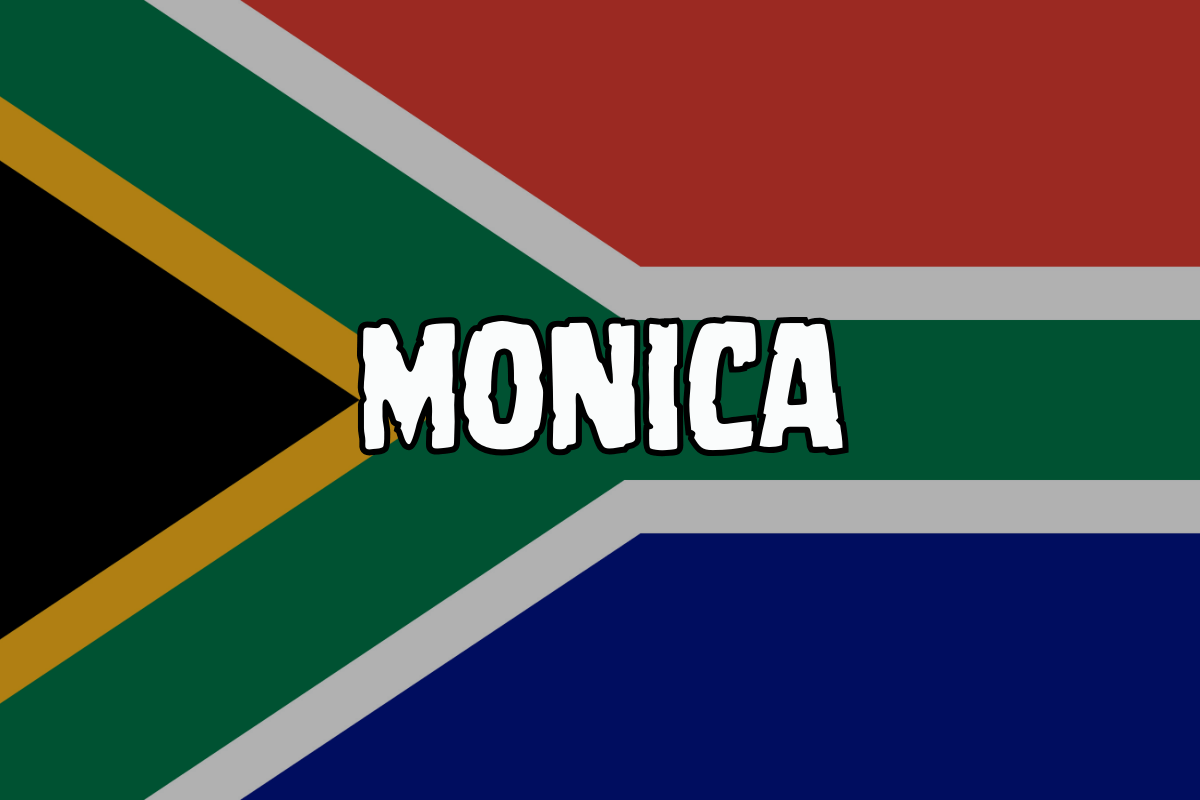
“Monica” is a term used in South Africa’s Gayle language, which was developed in the 1970s as a way for the gay community to communicate in public without attracting attention, especially given the laws against homosexuality at the time.
Within this argot, “monica” was used to refer to money.
The origin of the term is fairly simple—it is a play on the word “money,” designed to be easily understood by those who were familiar with the argot but unintelligible to outsiders.
Today, the term is a part of South Africa’s rich slang landscape, though it is not widely used by everyone.
Examples in sentences:
- “I’ve just come into some monica, time to celebrate!”
- “He’s been saving up his monica for a new car.”
- “I’ll give you a hand with that, but you owe me some monica later.”
- “She’s always talking about her monica, never stops spending it!”
- “They’re planning a big party once they’ve got the monica together.”
Moola
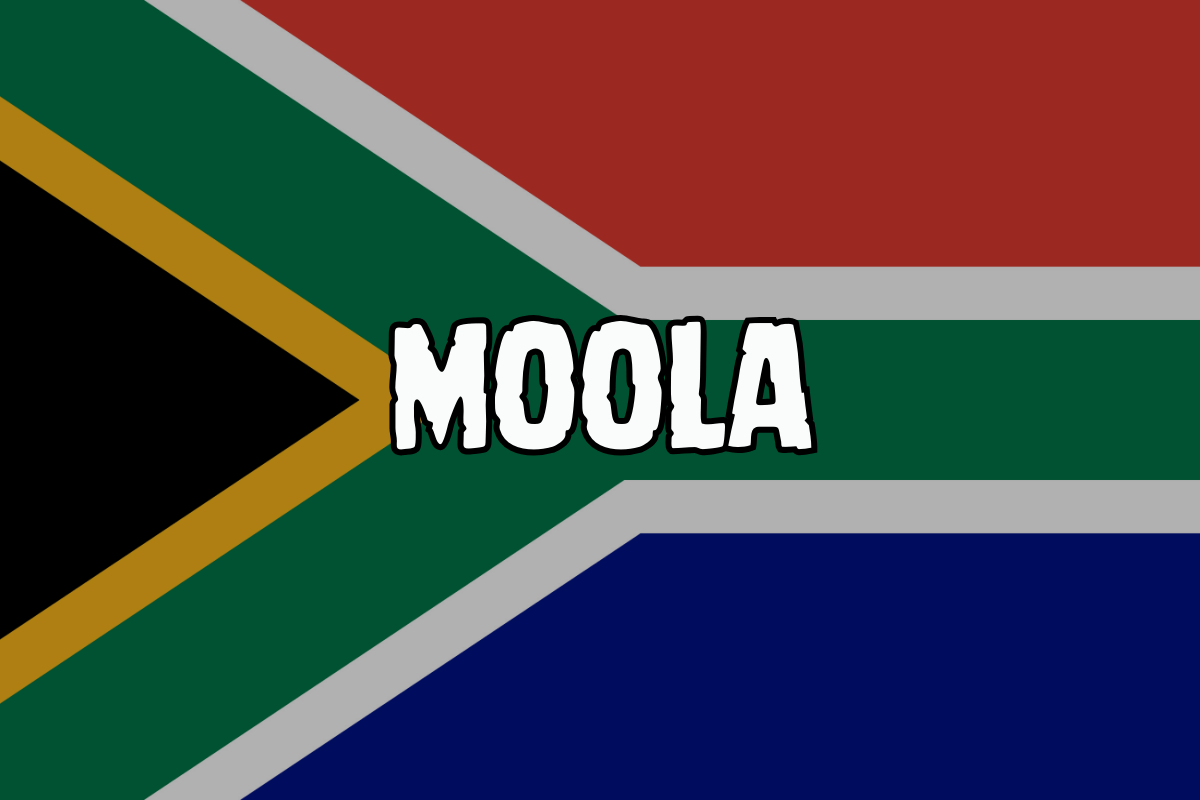
“Moola” is a common term used across South Africa to refer to money in any form, whether it’s a small amount or a large sum.
It is widely used by people of all ages, particularly in Afrikaans-speaking areas, and can be heard frequently in casual conversations.
The term is similar to the English slang “moolah” and has been around for quite some time.
While “moola” is used in various contexts, it is especially popular in informal speech.
It’s often used when talking about needing money or referring to a certain amount of money in a light-hearted way.
The origin of “moola” is somewhat unclear but is likely derived from the term “moolah,” which dates back to the 1920s in American English, and might have connections to the Islamic title “mullah.”
Examples in sentences:
- “I’ll need some moola before we go out tonight.”
- “He’s been saving up his moola for a new phone.”
- “Do you have any moola on you for the bus fare?”
- “She’s always talking about how much moola she made this week.”
- “You can’t buy that without some serious moola in your pocket.”
Pano
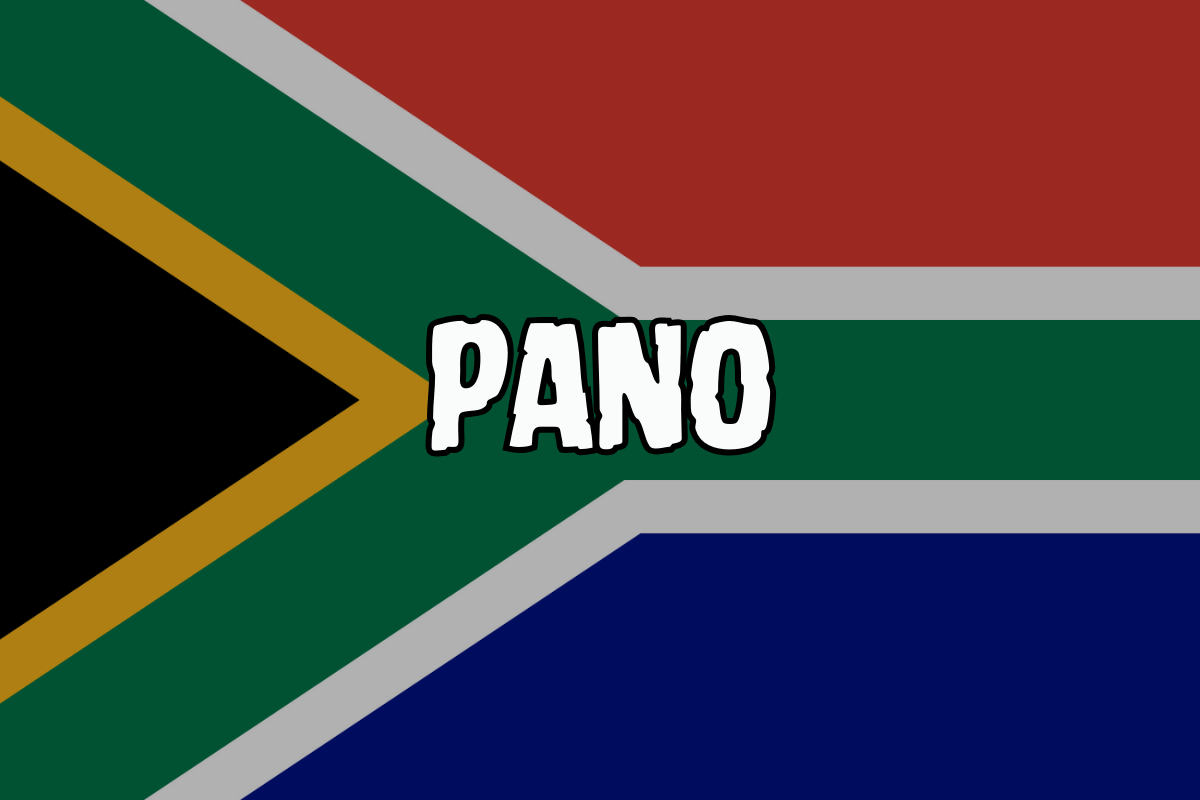
“Pano” is a term frequently used to refer to money in certain parts of South Africa, particularly within the Indian community.
While it’s widely understood across the country, it tends to be more common in specific regions.
“Pano” can also be used as a euphemism for money in some contexts, but it’s generally understood as slang in the communities where it is used.
The origin of the term comes from the Tamil word for money, which has been adopted by South African Indians.
It is used casually in everyday conversations, often in phrases like “Pano is running short” to refer to a lack of funds or money in general.
Examples in sentences:
- “Pano is running short, we need to find some more.”
- “I’ve got no pano for that, sorry.”
- “She’s been spending all her pano on new clothes.”
- “We’re going to need some pano to make this happen.”
- “I don’t have enough pano for dinner tonight.”
Pinkies
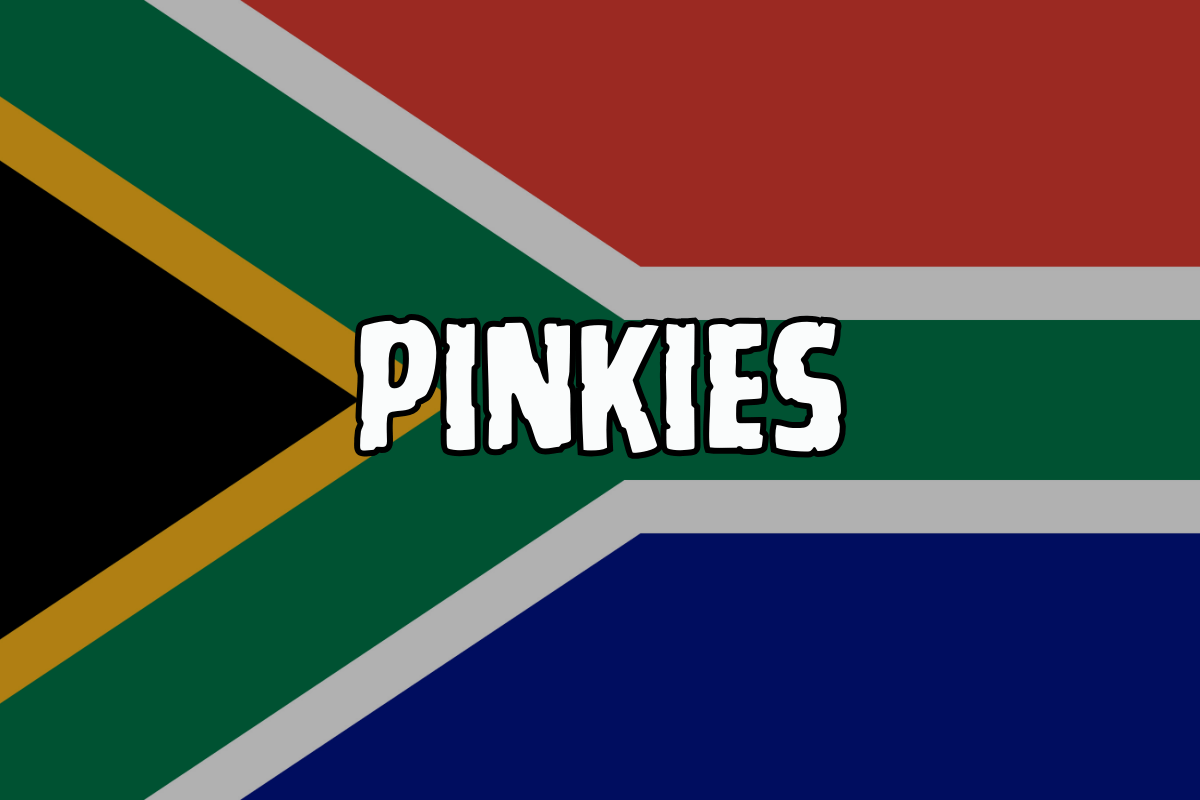
“Pinkies” is a common slang term used in South Africa to describe R50 notes.
The term is widely understood across the country and is used more universally than other, more regional terms for different denominations.
It’s a simple, straightforward term that is easy for most South Africans to recognize, and its name comes from the distinct pink color of the R50 notes.
The term “pinkies” is often used in casual conversations when referring to these notes, whether in small transactions or larger exchanges.
It’s one of the most common terms for money in South Africa and can be heard frequently in day-to-day talk.
Examples in sentences:
- “I only have a couple of pinkies left for the weekend.”
- “She gave me three pinkies for the taxi fare.”
- “That’ll be five pinkies for the entrance fee.”
- “I’m down to my last pinkie, need to get more cash.”
- “He handed me a few pinkies for the drinks.”
Smeka
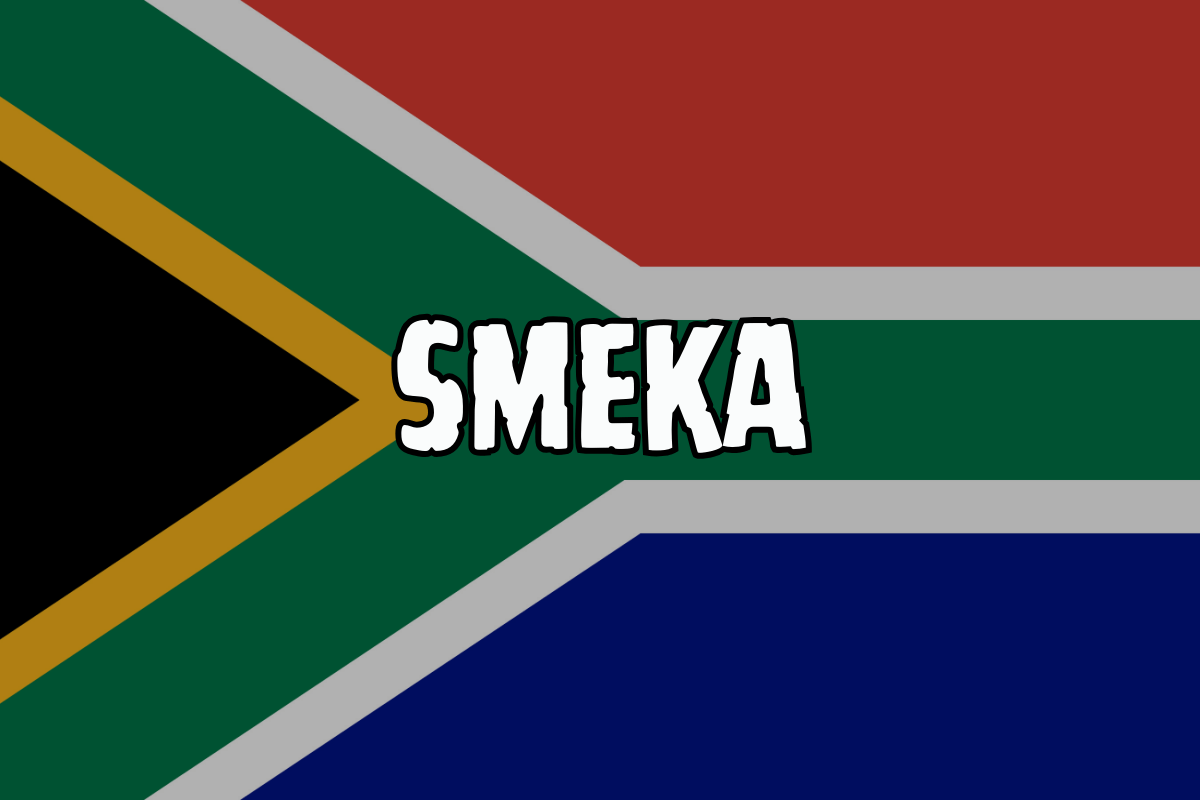
“Smeka” is a term that was once commonly used in South Africa to refer to money.
Though it’s not as widely understood or used today, it still carries some recognition, particularly in older generations.
The term has roots in the work context, where it was used when a worker demanded more money, such as when asking for a raise.
While “smeka” is not as common in modern South African slang, it remains a part of the country’s linguistic history and is still recognized by those familiar with older colloquial terms.
Examples in sentences:
- “If you want me to stay, you better raise my smeka.”
- “He’s been asking for more smeka for months now.”
- “I’m not working overtime without some extra smeka.”
- “She always talks about how much smeka she’s making.”
- “It’s all about the smeka if you want to keep your employees happy.”
Stena
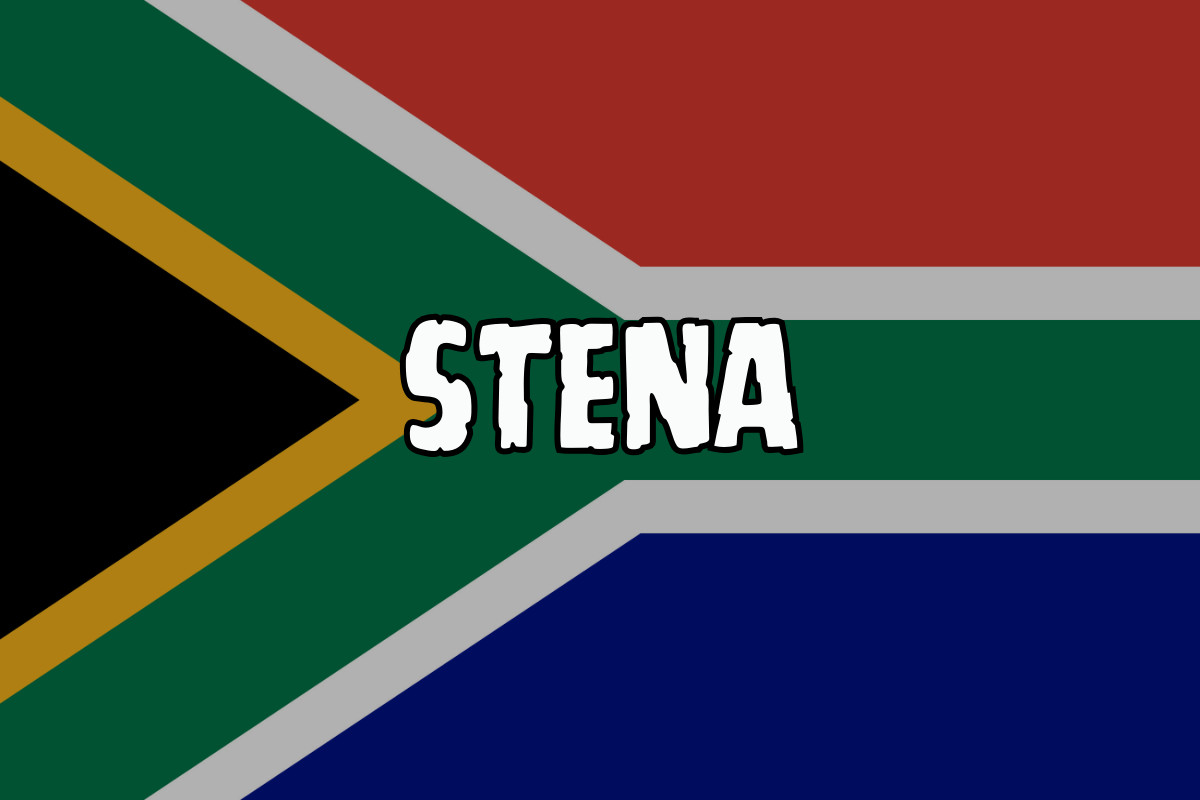
“Stena” is a slang term used in South Africa to refer to R1000, but not a specific denomination.
It comes from township slang, where it metaphorically relates to the size and weight of a brick, symbolizing a large wad of money.
The term emphasizes the amount rather than a specific note or coin, as there is no actual R1000 note in South Africa.
This term is a common piece of township slang and widely understood by those familiar with the region, even if it’s not as universally used as some other terms for money.
The metaphor of a brick adds a sense of significance to the amount of money it describes.
Examples in sentences:
- “I need to sell the car for at least a stena.”
- “That jacket cost me a whole stena!”
- “I’m saving up a stena to buy a new laptop.”
- “He’s offering me a stena for my phone.”
- “Let’s make sure we’ve got a stena for the weekend’s expenses.”
Tiger
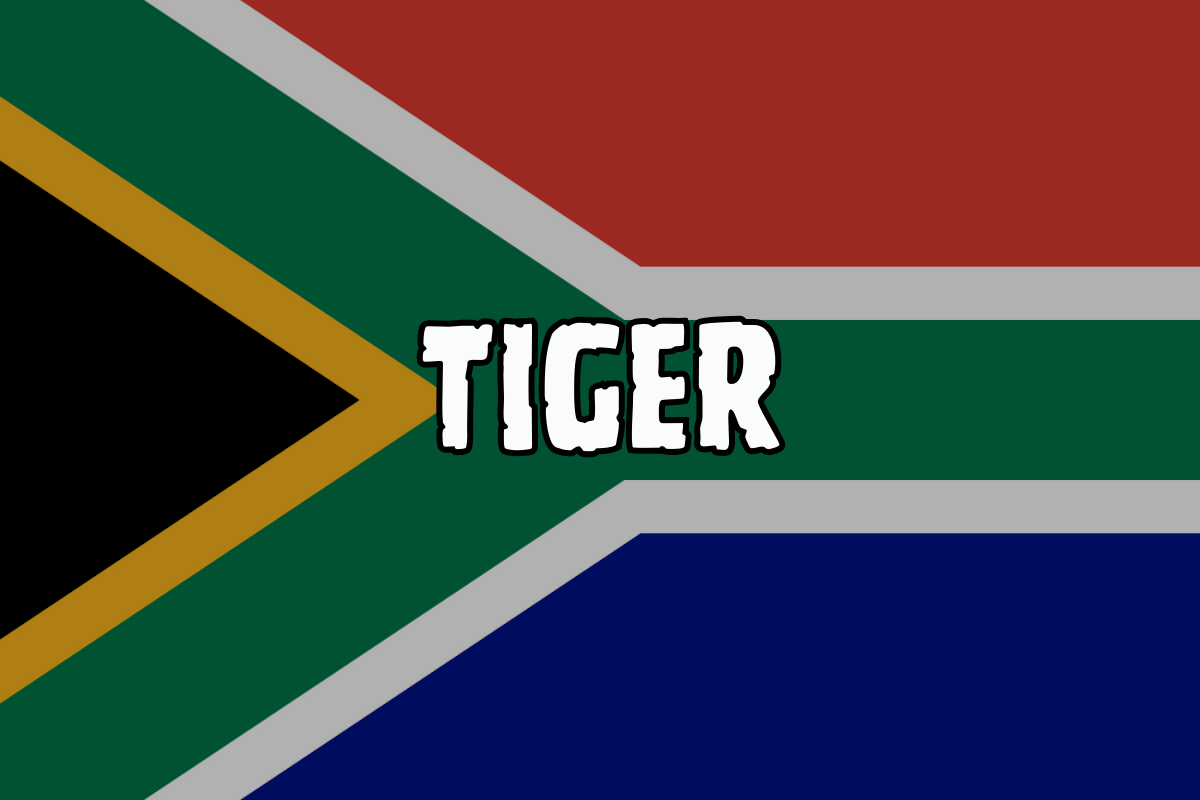
“Tiger” is a slang term used in South Africa to refer to the R10 note.
While it’s not as widely used as some other slang terms, it is still understood by most people when it comes up in conversation.
The origin of the term is unclear, but it remains a specific and somewhat regional piece of township slang.
This term is more common in certain areas, particularly among those who are familiar with township slang, but it may sound unfamiliar to people from outside those communities.
Examples in sentences:
- “I’ve only got a tiger left, so we’ll have to walk home.”
- “Can you spare me a tiger for the bus fare?”
- “That’ll cost you two tigers, at least.”
- “I don’t have enough to buy that, just a tiger in my wallet.”
- “I’m running low, all I have is a tiger.”
Yard
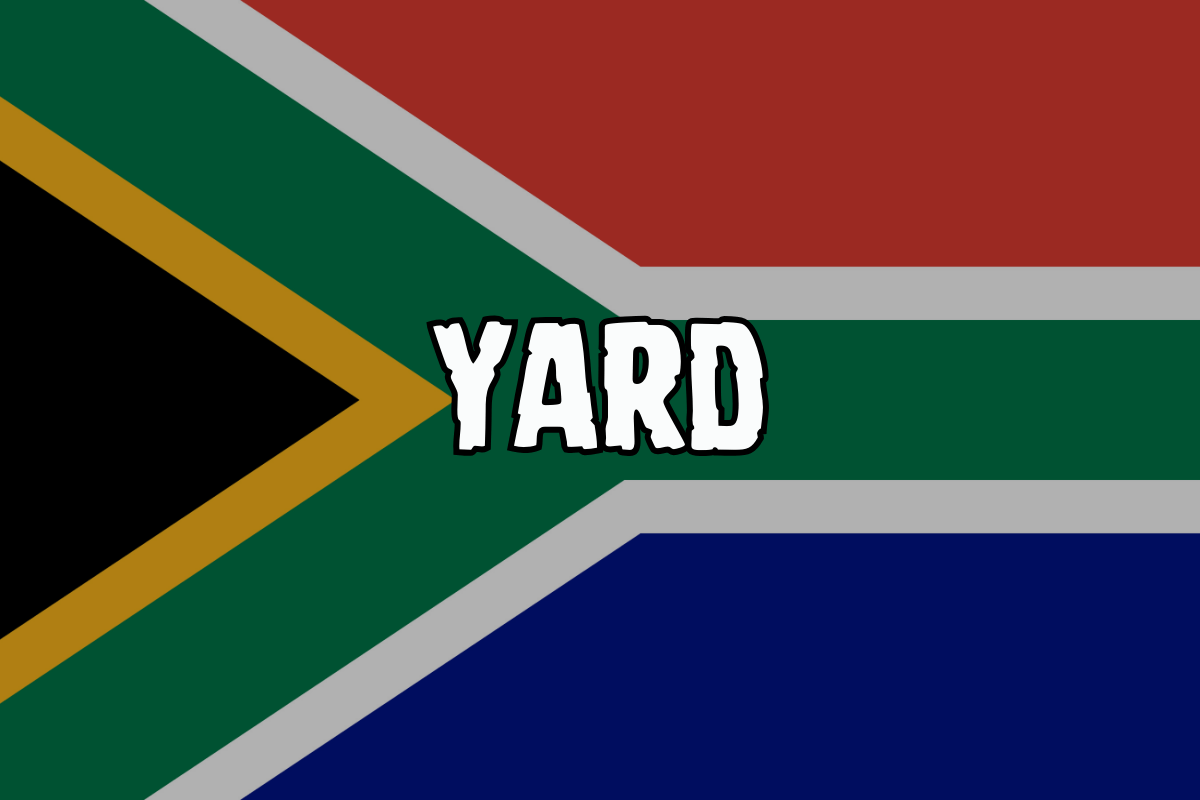
“Yard” is a term used primarily in banking slang to refer to one billion Rand.
It’s not a term that is commonly heard in everyday conversations, as it is mostly used by those working in finance or banking contexts.
The term is rarely used by the general public and is mainly employed when discussing very large sums of money, typically in relation to the wealth of individuals or businesses in high-stakes financial discussions.
Examples in sentences:
- “The company is valued at over a yard.”
- “They’re talking about a yard in their latest merger.”
- “The deal was worth a yard, but it didn’t go through.”
- “That’s a serious yard you’re looking at there!”
- “They’ll be working with a yard’s worth of capital on this project.”
Zaka
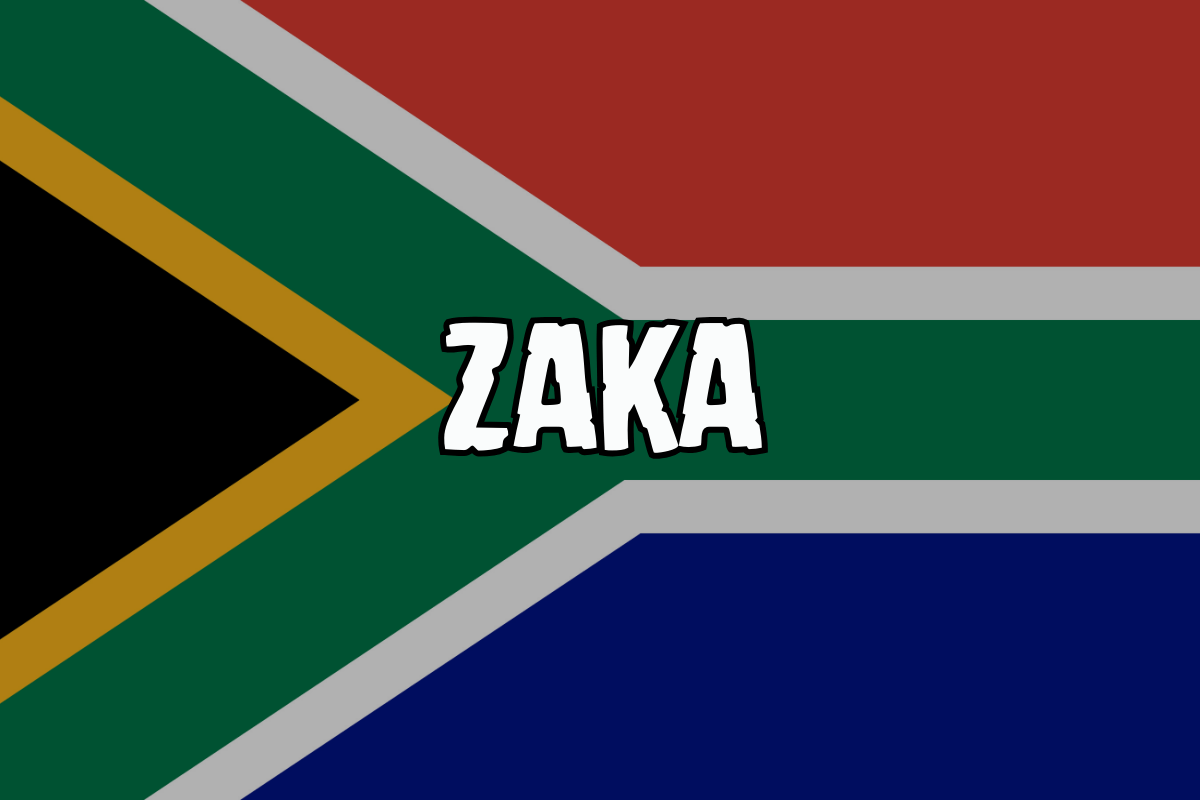
“Zaka” is a term used in certain parts of South Africa as a general slang term for money.
It doesn’t specify any particular denomination or type of money, so it can refer to both physical cash and money in the bank.
It can be used for small or large amounts, depending on the context.
The term is mostly used in township areas and is widely understood there, though it may not be as familiar to people outside of these communities.
Examples in sentences:
- “I’m all out of zaka, I can’t come out tonight.”
- “Do you have some zaka to lend me?”
- “He’s rolling in zaka, that guy.”
- “I’ll need some zaka to pay for the taxi.”
- “She’s always asking for zaka, it’s getting a bit much.”
As you can see, then, there are slang terms for just about any kind of money you might want to describe.
From the broadest terms used to describe money in general to the most specific terms describing certain notes or denominations, South African slang has something for all of them.

